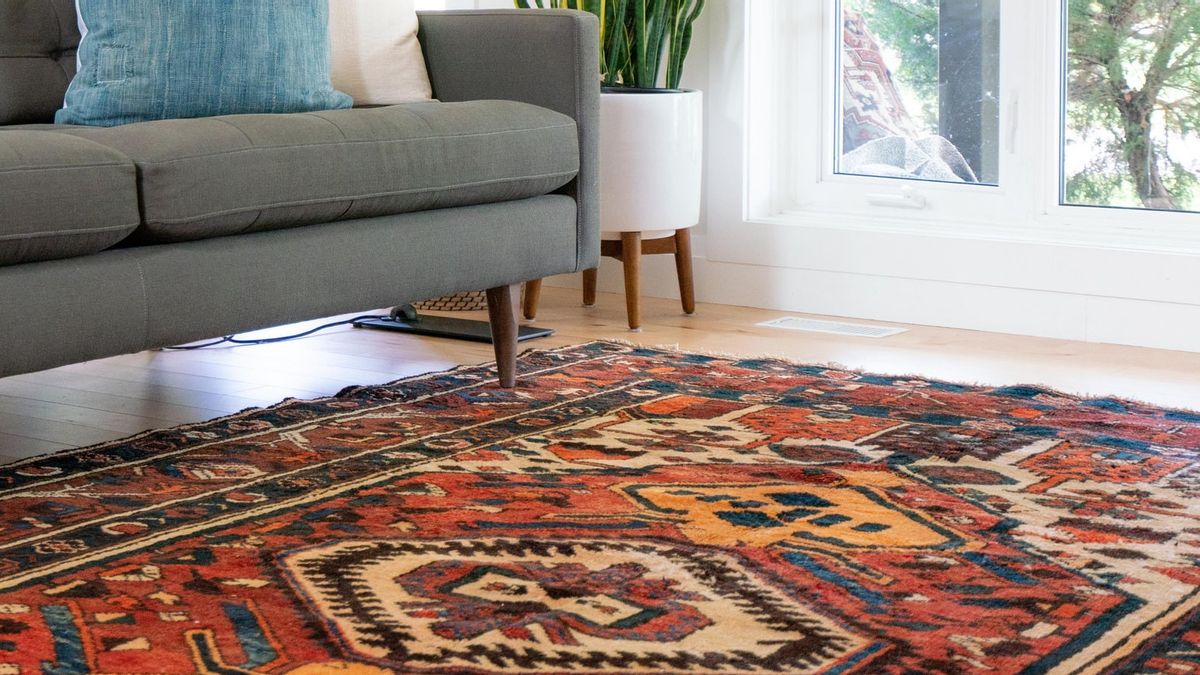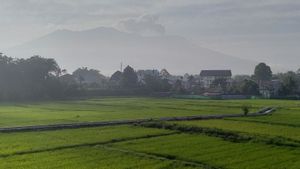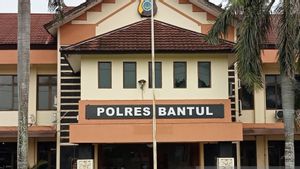JAKARTA - The Indonesian Textile Association (API) has urged the government to implement safeguards or security measures for imports of carpet products and textile floor coverings. This is to save the domestic textile industry from attacks by foreign products.
Chairman of the BPN API Carpet and prayer mats Committee Jivat Khiani said, from 2017 to 2019 imports of carpet products and textile floor coverings continued to increase by 25.2 percent. Thus, causing the threat of serious losses to the domestic industry.
Furthermore, Jivat said, this condition forces domestic producers to cut their production capacity by up to 40 percent. So that industrial performance has decreased.
"With the decline in production, there has automatically been a significant reduction in employees," he said in a written statement received by VOI, Monday, August 24.
Jivat said, based on data from the Central Statistics Agency (BPS) in 2019, the majority of these products came from China and Turkey, at 63.43 percent and 19.16 percent, respectively.
Meanwhile, the average price of imported products from the two countries was 2.5 US dollars (US) per kilogram (kg) or the equivalent of IDR 37,000 and 1.36 US dollars or the equivalent of IDR 23,600 per kg.
According to Jival, this price shows the quality of goods imported are goods of low quality. It doesn't even comply with health and safety standards. Such as using flammable foam or foam materials and textile industry waste that is not good for health.
"In recent years, imports of carpet and prayer mats have eroded the domestic industrial market share, especially with lower prices," he explained.
Not only that, Jival said, his party also experienced problems with disharmony of import duty tariffs imposed on the main raw material in the form of polypropylene resin, which was 10 percent, while the import duty tariff for polypropylene yarn was lower, namely by 5 percent.
Meanwhile, Executive Secretary of BPN API Rizal Tanzil Rakhman said that the large number of imported goods of carpets and prayer mats flooded the domestic market, making the domestic industry already in a critical condition and would not last much longer.
Furthermore, Rizal said, efforts to provide safeguards need to be realized immediately by the government. This is to ensure the textile industry can survive.
"We hope that the domestic carpet and prayer mat industry can be saved and avoid the occurrence of massive layoffs (layoffs)," said Rizal.
For your information, based on data from the Central Statistics Agency (BPS) in the last three years or 2017 to 2019, there has been an increase in the import volume of carpets and other textile floor coverings with a trend of 25.2 percent per year.
In 2017, the import volume of this product was recorded at 21,907 tons, then in 2018 it rose 31.0 percent to 28,706 tons, and in 2019 it rose 19.7 percent to 34,357 tons.
The countries of origin for imports of carpets and other textile floor coverings include China, Turkey, South Korea and Japan. Meanwhile, the largest volume of imports of this product came from China with a share of imports in 2017 of 50.2 percent, then in 2018 it increased to 56.1 percent, and in 2019 it increased to 63.4 percent of total imports in Indonesia.
The English, Chinese, Japanese, Arabic, and French versions are automatically generated by the AI. So there may still be inaccuracies in translating, please always see Indonesian as our main language. (system supported by DigitalSiber.id)













